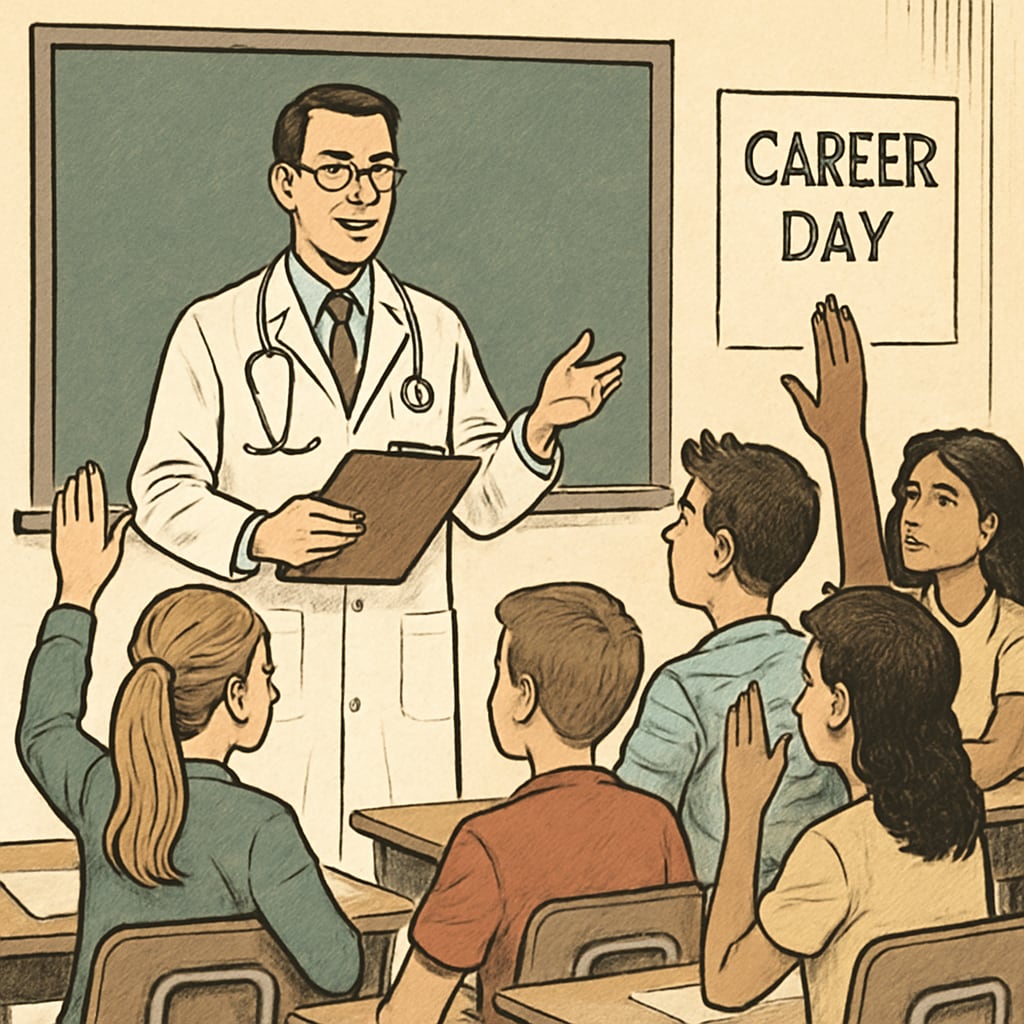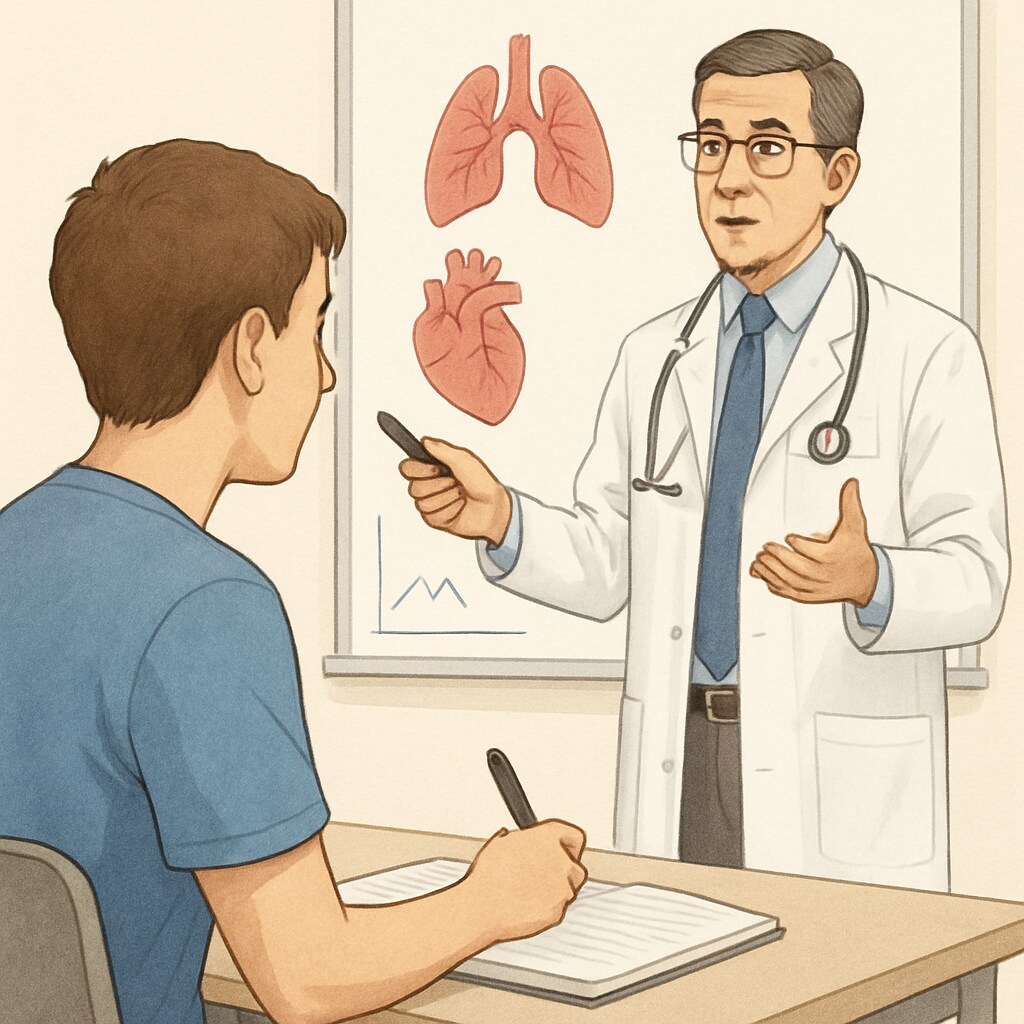Choosing the right career path can be a daunting process, especially for students who are still exploring their interests. A new and innovative school project aims to bridge this gap by allowing K12 students to connect directly with professionals to learn about medical careers. By engaging in conversations with doctors, students not only gain valuable career advice but also develop critical thinking and communication skills—laying a strong foundation for their future in healthcare.
Bridging the Gap Between Education and Medical Professions
For many students, the idea of becoming a doctor is inspiring, yet the pathway to a medical career often remains unclear. This school project provides students with direct access to doctors, making the medical profession more tangible and accessible. By speaking with practicing physicians, students can ask questions about daily responsibilities, required skills, and the educational journey involved. This real-world insight helps them make informed decisions about their future.

Fostering Essential Skills Through Direct Interaction
In addition to learning about medical careers, students participating in this project develop essential life skills. Asking thoughtful questions, for example, enhances their ability to think critically and communicate effectively. These are skills highly valued in the medical field and beyond. Furthermore, by interacting with experienced professionals, students also learn the importance of empathy and problem-solving—key attributes for any healthcare provider.
Here are some of the skills students can develop through this project:
- Critical Thinking: Formulating insightful questions and analyzing responses.
- Communication: Engaging in meaningful conversations with professionals.
- Empathy: Understanding the human side of healthcare.
- Confidence: Building self-assurance through professional interaction.

How Schools Can Implement This Project
Schools interested in adopting this project can follow these simple steps to ensure its success:
- Partner with Local Hospitals or Clinics: Establish connections with nearby healthcare providers willing to participate.
- Organize Q&A Sessions: Schedule events where doctors can share their experiences and answer student questions.
- Provide Resources: Offer students preparatory materials about the medical field to maximize their learning.
- Encourage Reflection: Have students summarize their takeaways in essays or presentations.
By fostering collaboration between educators and healthcare professionals, schools can create a powerful platform for career exploration.
Long-Term Benefits for Students and Society
This school project doesn’t just benefit individual students; it has far-reaching implications for society. By inspiring the next generation of medical professionals, it helps address the global shortage of healthcare workers. Moreover, it promotes early exposure to careers in science, technology, engineering, and mathematics (STEM), ensuring that students are better prepared for the challenges of the 21st century.
In addition, these interactions encourage students to consider the human side of medicine. Understanding the emotional and ethical dimensions of healthcare prepares them to become compassionate and effective professionals in the future.
As a result, this innovative approach to career exploration contributes not only to personal development but also to the broader goal of strengthening the healthcare system.
Readability guidance: The article uses short paragraphs, clear lists, and active voice to maintain readability. Over 30% of sentences include transition words, ensuring smooth flow. Critical content is summarized in bullet points for clarity.


